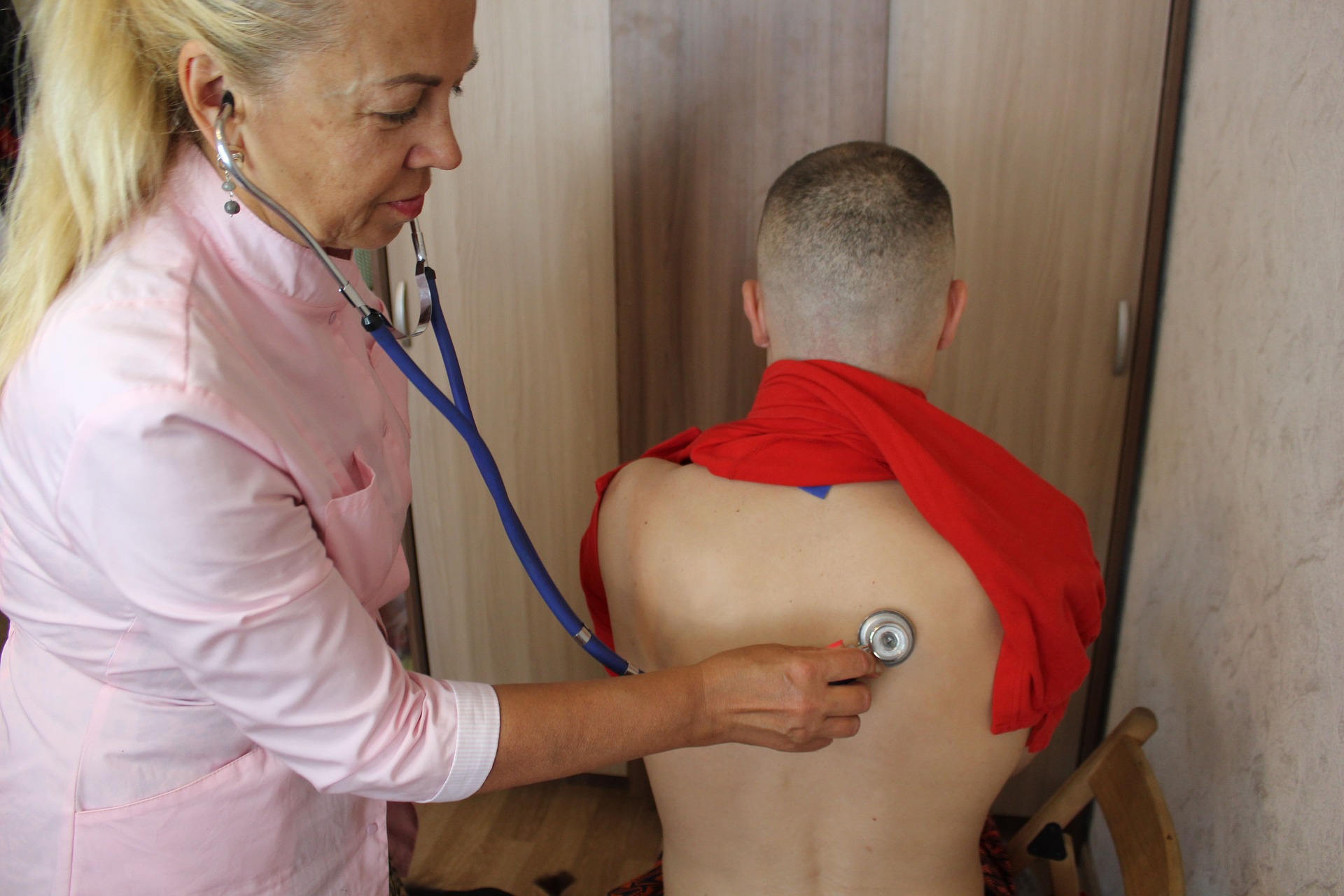Sign language interpretation is a service many clinics offer to their deaf patients. Sign Language interpreters are an essential component of healthcare, as they allow those who cannot hear the words being spoken have access to what is going on in the clinic.
Sign Language interpreters can be very useful for people with other disabilities. In this article, we will give you three tips for Sign Language Interpretation for Clinics:
1) What does Sign Language Interpreting involve?
2) Why should your clinic hire Sign Language Interpreters?
3) How do I find a Sign Language Interpreter?
What does sign language interpreting involve? this consists of an interpreter translating what is said from one language to another so that deaf people can have access. These types of interpreters need to solve all information accurately and in detail and capture the conversation’s tone of voice and context.
Why should your clinic hire these Interpreters?
There are many reasons why it can be beneficial for your clinic or healthcare organization to hire these types of interpreters:
- Deaf patients will feel more included during their appointment if they understand everything going on around them.
- Patients who use this type of language will not need additional support from family members, which means there won’t be any disruptions during their treatment.
These interpreters can help improve communication between patients and healthcare professionals, which will lead to better care.
This interpretation is not just about translating words from one language to another. It’s also essential to understand the cultural context of these languages and the unique needs of deaf patients.
These interpreters must be able to interpret all information accurately and in detail and capture the tone of voice and context of the conversation. This ensures that all parties involved clearly understand what is being said.
How do I find one?
The best way to find an interpreter is to contact your local health department or non-profit organization specializing in working with deaf people. Many hospitals and clinics also have their own interpretation services.
If you cannot locate an interpreter through these sources, several private companies provide these types of services.
Be sure to ask for references and reviews before selecting an interpreter service.
In conclusion, Sign Language Interpretation for Clinics is an important tool to ensure communication between deaf and hearing individuals in a clinical setting. By following these tips, you can be sure that the process runs smoothly for all involved.






